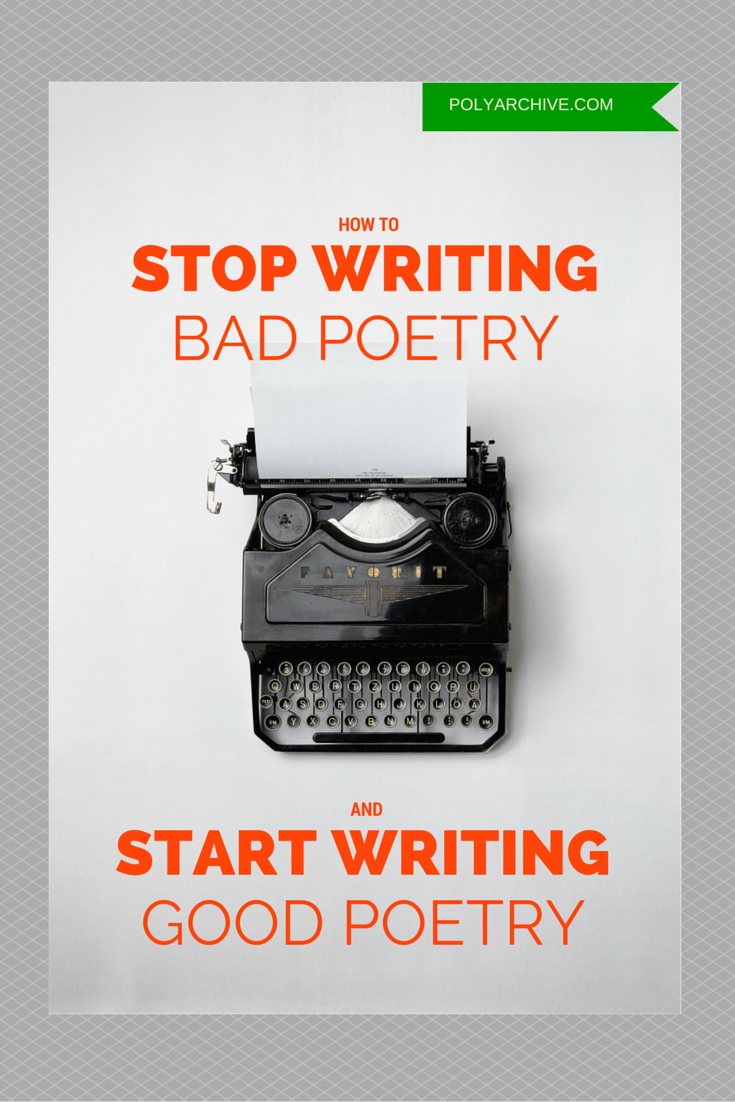
I wish our clever young poets would remember my homely definitions of prose and poetry; that is, prose,—words in their best order; poetry,—the best words in their best order. –Samuel Taylor Coleridge
So many people, many of whom enjoy other forms of the arts, are quick to declare, “I hate poetry.” I suspect that what they really mean is that they hate bad poetry. But perhaps I should agree with them and say, “I hate poetry too.” That is, I hate this terrible definition of poetry that has become standard in American culture (and perhaps other parts of the Anglophone world? I don’t know it well enough to say).
The first part of the problem is that poetry has become interchangeable with rhyme. Not all rhymes are poems and not all poems rhyme. But the collective consciousness seems to have decided that two lines of varying length and cadence can tied together with an end rhyme (or near-rhyme), and voila! You have a poem. It seems that kindergarten teachers start us off on the wrong path and most of us never get corrected.
The second major issue I’ve observed is that people take confession a bit too far. While personal touches or revelations can make a poem great, overdoing it is uninteresting at best and downright awkward at worst. Often some of the worst offenders on issue #2 aren’t also committing sin #1 of rhyming any- and everything (but when they do, it is AWFUL). Rather, they take what is basically a diary entry, add some haphazard line breaks, and call it a day. Processing that deep emotion through poetry should not be so quick nor so simple.
All bad poetry springs from genuine feeling. To be natural is to be obvious, and to be obvious is to be inartistic. –Oscar Wilde
The third problem is that because the subject matter is often so personal and deeply felt, no one wants to offer the budding poet anything but praise. Certainly it does take courage to share one’s works and experiences, but just as with any other art form, or any skill at all really, the beginner needs honest feedback, direction, and constructive criticism to grow. You probably wouldn’t let your friend try to exhibit his finger paintings in an art gallery if he was older than 8, and yet you might give him a pat on the head when he pays lots of money to have his terrible poem included in an anthology (which is a scam, by the way).
We make out of the quarrel with others, rhetoric, but of the quarrel with ourselves, poetry. –William Butler Yeats
The fourth problem isn’t unique to poetry: people want to be producers and not consumers of the art. In other words, people want to write poetry, but not read it. Or write novels, but not read them. Make films. Take photos. And so on. One novelist often laments how his publishers pass on his new fiction work, but offer him a nice advance for a “how to write a novel” or “how to get published” guidebook, because those will be sure to sell. The more poetry you read, though, the better your poetry will become. And not just good poetry, either: read BAD poetry, really really bad poetry, for a nudge in the right direction.
And of course, one should read good poetry. We share our favorites on this site (with perhaps a crummy poem or two for variety). There is the Academy of American Poets. AllPoetry.com. The Poetry Foundation–and they’ll even email you one poem per day if you sign up for their newsletter.
So, how do you stop writing bad poetry and start writing good poetry?
- Read lots of poetry. Save poems you like, and try to figure out what makes them appeal to you. Conversely, what was it in a bad poem that made you cringe?
- Write lots of poetry. Don’t show anyone your first draft of anything. Try rewriting a poem you weren’t happy with, and one you were.
- Remember that emotions are never enough.
- Keep writing even when you despair. Ira Glass has some wonderful thoughts on the early gap between your taste and your ability.
